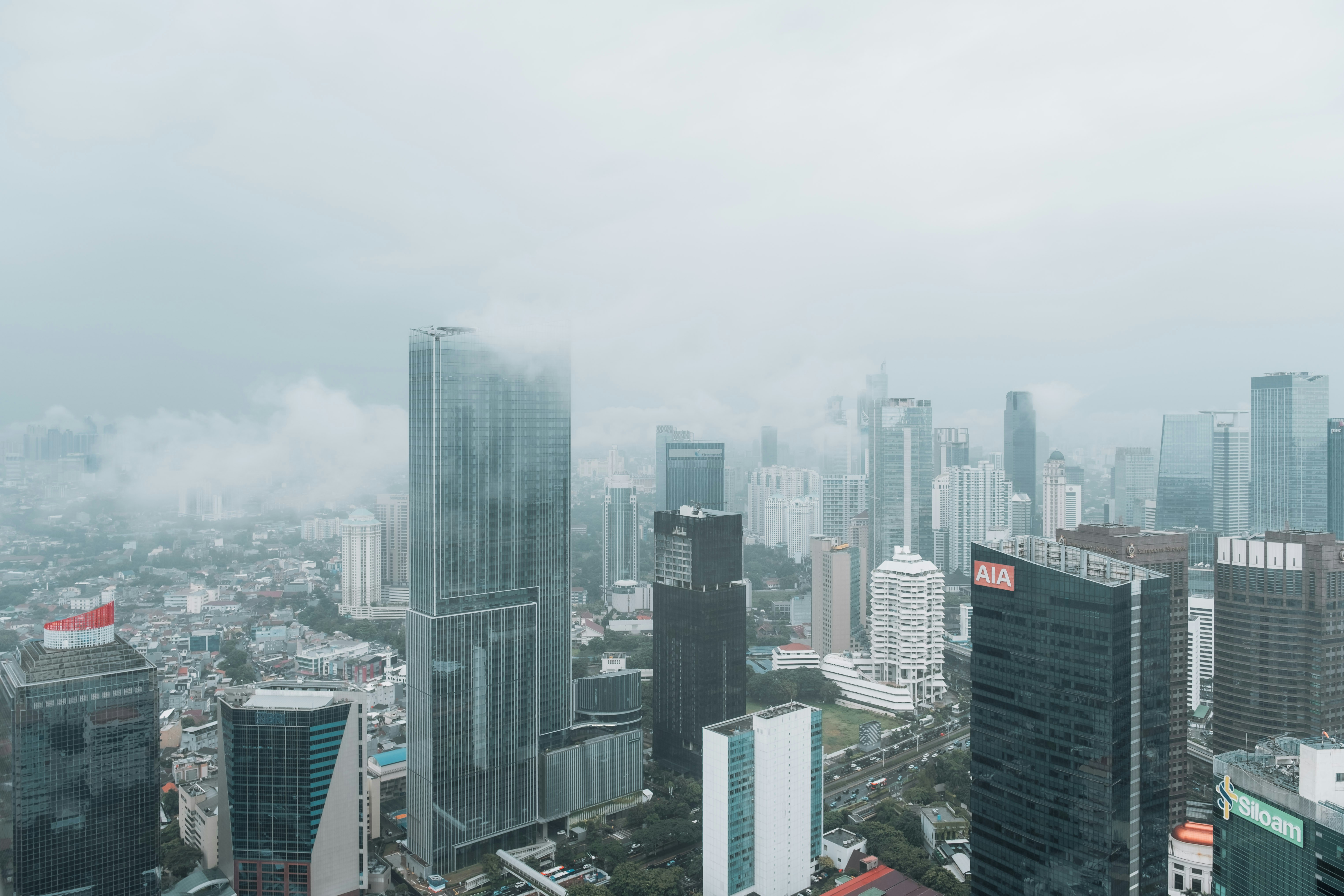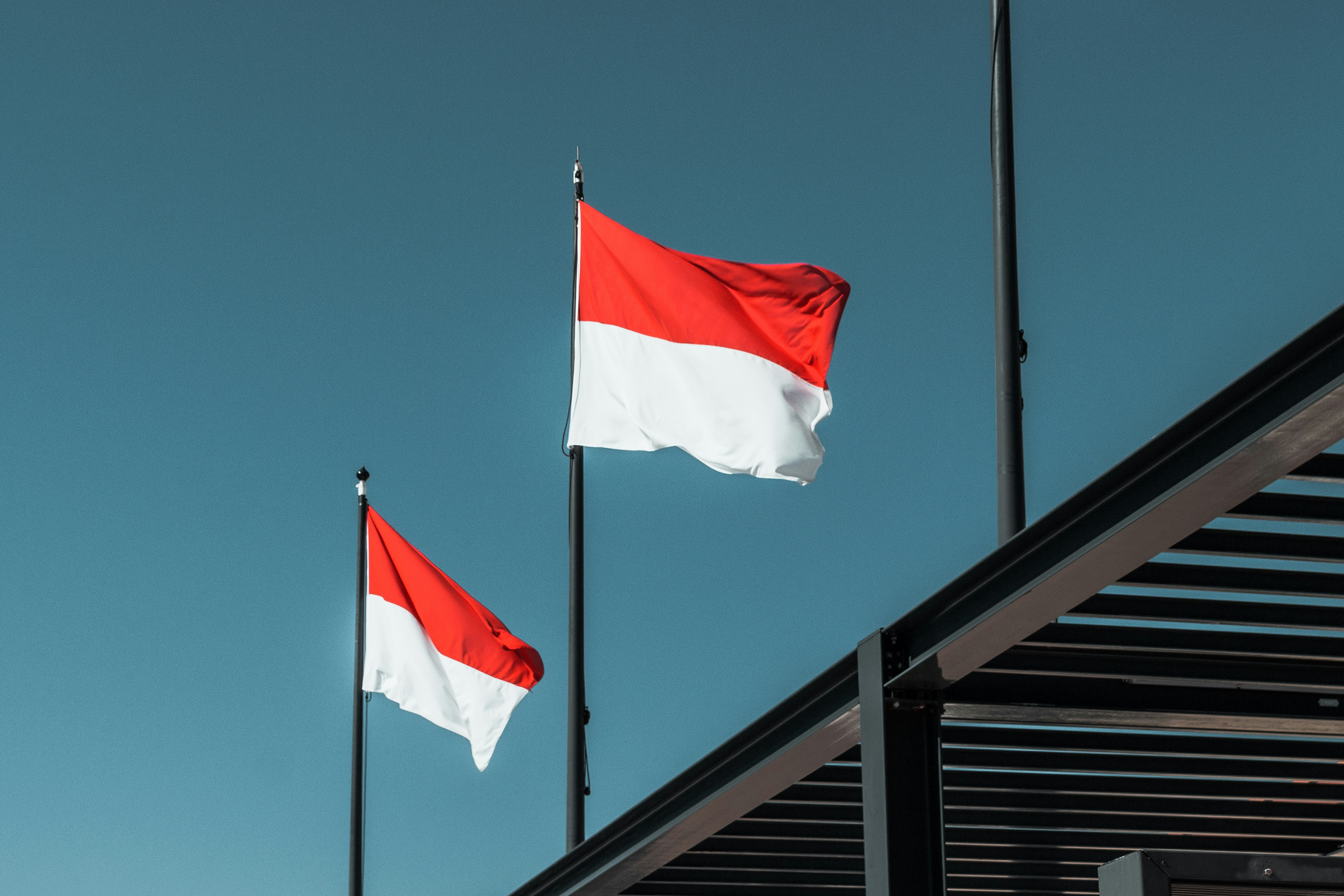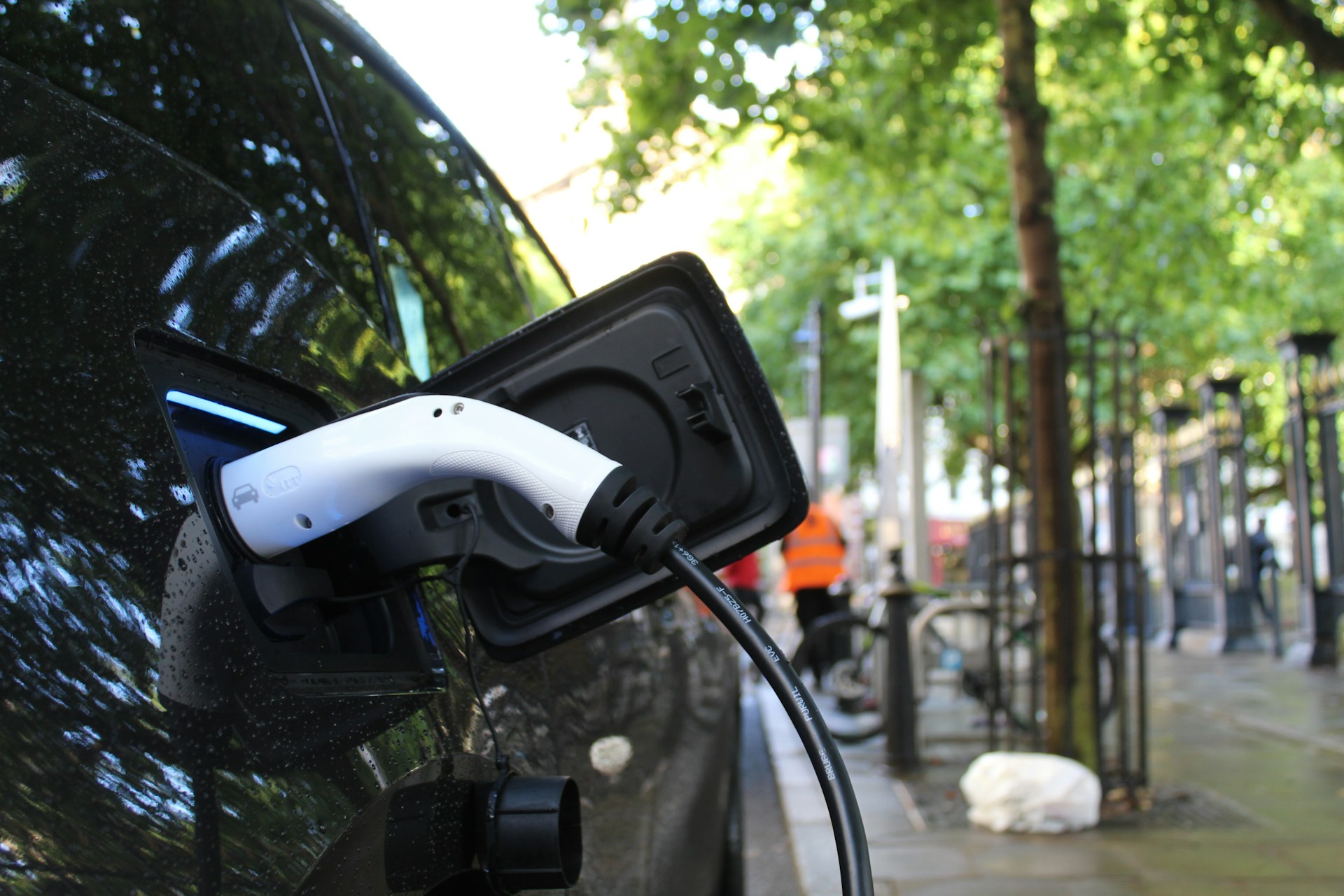In a recent CSIS Policy Brief publication entitled Anticipating Changes in the International Order and How Indonesia Should Evaluate Its Foreign Policy, Andrew W. Mantong elaborated on concerns from major and middle powers about the ambiguous and unclear signals Indonesia has been sending through its foreign policies regarding what and how the country seeks to engage with the outside world. On the one hand, Indonesia seems consistent in staying within the corridor of independent and active foreign policy. Yet, at the same time, in many issues, the government appears to tilt towards one side, as pragmatic and short-term gains often guide its decisions. In trying to project itself as an active player, Indonesia, being a “power in the middle,” often seems delayed, if not indifferent, in undertaking initiatives that align with its capacities and interests on various emerging issues.
Similar dissatisfaction comes from the domestic audience, who criticize the government for not being able to position the country as a powerful regional, let alone global, actor - commensurate with its size and potential. Despite being a member of the prestigious G20 and the primus inter pares in Southeast Asia, Indonesia is still far from asserting its leadership to shape the agenda of these forums and champion both regional and national interests.







